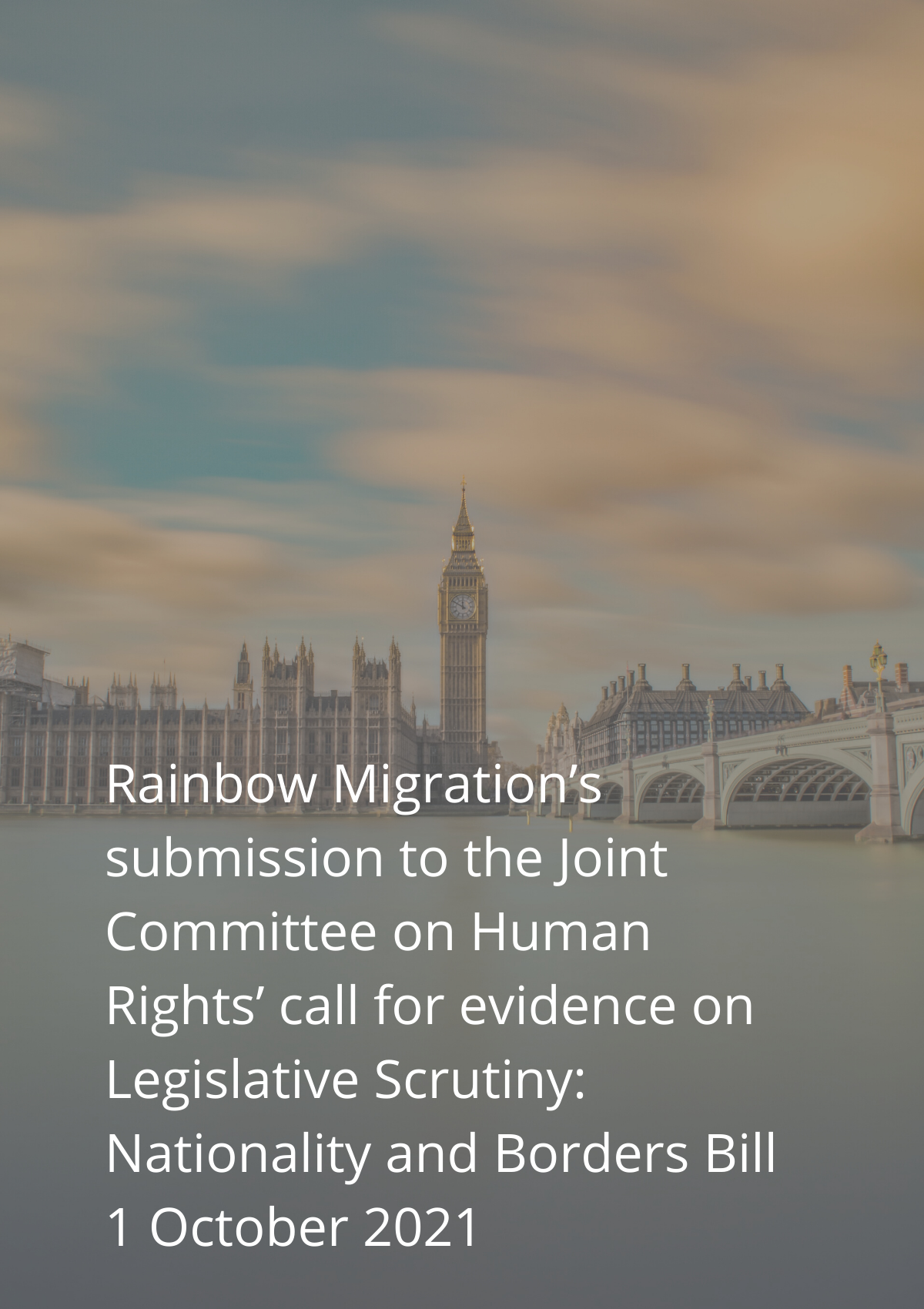Parliamentary Scrutiny Of Undocumented Labor Migration: A Call For Action

Table of Contents
The Current State of Undocumented Labor Migration
Undocumented labor migration is a complex global issue affecting millions. Precise figures are elusive due to the clandestine nature of the phenomenon, but estimates suggest a substantial number of individuals working without legal authorization in countries across the world. This situation carries significant economic and social implications.
Economic Impacts
The economic impact of undocumented labor is multifaceted, presenting both benefits and drawbacks.
- Reduced labor costs for businesses: Undocumented workers often accept lower wages and poorer working conditions, creating a competitive advantage for some employers. This can depress wages for all workers in certain sectors.
- Increased strain on social services: Undocumented migrants often lack access to healthcare and other social benefits, yet they may still utilize these services, placing an additional burden on taxpayers.
- Loss of tax revenue: Without legal employment, undocumented workers often evade taxes, leading to a significant loss of government revenue that could be used to fund public services.
- Informal economy growth: Undocumented labor fuels the informal economy, making it harder to track economic activity and collect taxes. This hinders economic transparency and sustainable development.
Social Impacts
Beyond economics, undocumented migration poses significant social challenges.
- Increased pressure on housing and infrastructure: Concentrations of undocumented migrants in certain areas can strain local housing and infrastructure resources.
- Potential for human trafficking and exploitation: Vulnerable undocumented workers are at a higher risk of exploitation, including forced labor, human trafficking, and wage theft.
- Social tensions and discrimination: The presence of large undocumented populations can sometimes lead to social tensions and discrimination against both migrants and established communities.
The Limitations of Current Parliamentary Scrutiny
Existing mechanisms for parliamentary oversight of migration policies often fall short in addressing the issue of undocumented labor.
Inadequate Data and Transparency
Effective scrutiny requires reliable data. However, the lack of comprehensive and accurate data on undocumented workers is a major obstacle. Government agencies often lack the resources or the political will to collect this data effectively, and existing data may be fragmented or unreliable. To improve this, we need:
- Improved data collection methods: Implementing robust data collection systems, potentially including anonymized surveys and partnerships with NGOs.
- Increased transparency from government agencies: Making relevant data publicly available and accessible, while safeguarding individual privacy.
- Improved data sharing between agencies: Breaking down information silos to allow for a more holistic understanding of the phenomenon.
Insufficient Resources and Expertise
Parliamentary committees and staff often lack the resources and specialized expertise needed to effectively scrutinize complex migration issues. This includes a lack of:
- Dedicated research units: Establishing specialized units within parliamentary structures to conduct in-depth research on migration trends and policies.
- Migration specialists: Hiring experts with knowledge of migration law, economics, and sociology to advise committees.
- Adequate funding: Providing sufficient budget for investigations, hearings, and the production of reports.
Limited Engagement with Stakeholders
Current processes often lack meaningful engagement with key stakeholders, including:
- Civil society organizations: These groups often possess valuable insights into the experiences of undocumented migrants.
- Migrant communities: Direct input from affected communities is crucial for developing effective policies.
- Employers: Understanding the perspectives of employers who hire undocumented workers can help inform policy decisions. Establishing formal mechanisms for consultation is vital.
Enhancing Parliamentary Scrutiny of Undocumented Labor Migration
Strengthening parliamentary scrutiny requires a multi-pronged approach:
Improving Data Collection and Transparency
As mentioned above, improved data collection and transparency are crucial. This includes establishing clear data-sharing protocols between government agencies and fostering collaboration with academic institutions and civil society organizations.
Strengthening Parliamentary Committees' Capacity
Providing committees with the necessary resources and expertise is fundamental. This involves increased funding, dedicated research staff, and access to migration specialists. Regular training on complex migration issues would also improve their effectiveness.
Fostering Stakeholder Engagement
Creating platforms for open dialogue and collaboration between parliamentarians, government agencies, civil society, and migrant communities is crucial for informed and effective policy-making. This could involve regular hearings, roundtable discussions, and public consultations.
Developing a Comprehensive Legislative Framework
A clear and comprehensive legal framework addressing undocumented labor is needed. This should balance the need for effective management of migration flows with the protection of human rights and the prevention of exploitation.
Conclusion
Robust Parliamentary Scrutiny of Undocumented Labor Migration is vital for ethical and effective management of this complex issue. The current system suffers from inadequate data, insufficient resources, and limited stakeholder engagement. Improving data collection, strengthening parliamentary committees, fostering stakeholder engagement, and developing a comprehensive legal framework will lead to more just and effective policies. We must act now. Contact your elected officials, participate in public forums, and support organizations working to improve migrant rights and labor standards. Let's make parliamentary scrutiny of undocumented labor migration a priority, demanding better policy-making and more humane treatment of all individuals.

Featured Posts
-
 Analyzing Conor Mc Gregors Interview On Fox News
May 12, 2025
Analyzing Conor Mc Gregors Interview On Fox News
May 12, 2025 -
 Heidenheim Secures Vital Win Against Kiel In Relegation Battle
May 12, 2025
Heidenheim Secures Vital Win Against Kiel In Relegation Battle
May 12, 2025 -
 Kings Day In Amsterdam Cafe Showcases New Mural Referencing Marjolein Fabers Ribbon Gate
May 12, 2025
Kings Day In Amsterdam Cafe Showcases New Mural Referencing Marjolein Fabers Ribbon Gate
May 12, 2025 -
 The Next Pope Predicting The Future Of The Papacy And Potential Successors
May 12, 2025
The Next Pope Predicting The Future Of The Papacy And Potential Successors
May 12, 2025 -
 Lily Collins In Calvin Klein A Look At Photo 5133602
May 12, 2025
Lily Collins In Calvin Klein A Look At Photo 5133602
May 12, 2025
